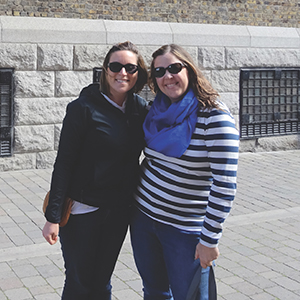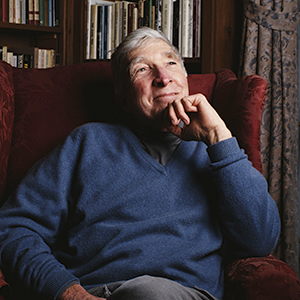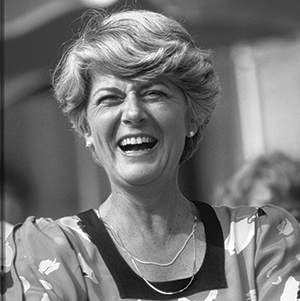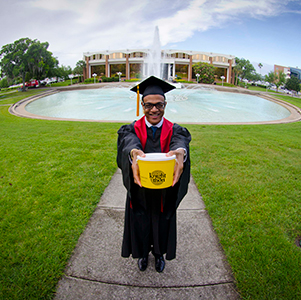-
The Power of 1
Studies focused on individuals rather than large numbers of people can help some patients while advancing knowledge.
by Stephen Ornes
-
The High-Deductible Gamble
High-deductible health insurance plans can leave cancer patients scrambling to pay the bills for tests and treatments.
by Charlotte Huff
-
In the Moment- Spring 2016
Colleen Bokor, Dana Stewart, Brittany Avin.
-
Survivor Profile
Changing CourseDuring her treatment for breast cancer, biomedical engineer Jessica Winter challenged her laboratory to bring its discoveries to patients more quickly.
by Chris Palmer
-
Yesterday & Today
A Storied LifeLiterary realist John Updike used the scaffold of his own life, including his lung cancer diagnosis, to explore the shared experiences of our time.
by Sue Rochman
-
Honor Your Body
Coming to terms with feelings and emotions about weight gain and weight loss is often part of a cancer patient's experience.
by Sue Rochman
-
In the Moment- Winter 2015/2016
Jared Levinthall, Carol Dellinger, Anne Ha.
-
The Work-Cancer Balance
Some patients want to work through illness and others need to, but juggling work responsibilities and treatment regimens can be a challenge.
by Leigh Labrie
-
Yesterday & Today
Taking Her PlaceGeraldine Ferraro, the first woman nominated for vice president on a major-party ticket, used her political prowess to advocate for women's equality. In 1998, she was diagnosed with multiple myeloma.
by Sharlene George
-
In the Moment- Fall 2015
Chris Hixon, Lesley K. Glenn, Kristina Giard-Bradford.
Cancer Talk
At-home Prostate Cancer Test May Help Some Men Avoid Biopsy
The test, which analyzes urine for 18 cancer-specific genes, ruled out the need for biopsy in men with elevated PSA without a digital rectal exam.
by Sandra Gordon
The Power of ComedyIn a new play, the pain of cancer can be a chance to laugh.
by Ashley P. Taylor
Melanoma Risk in Childhood Cancer SurvivorsPeople treated for childhood cancer found to have twice the risk of developing melanoma as an adult.
by Cameron Walker
Online Second OpinionsMore than half of patients who participated in a program offering online second opinions were recommended a change to their treatment plan.
by Eric Fitzsimmons















